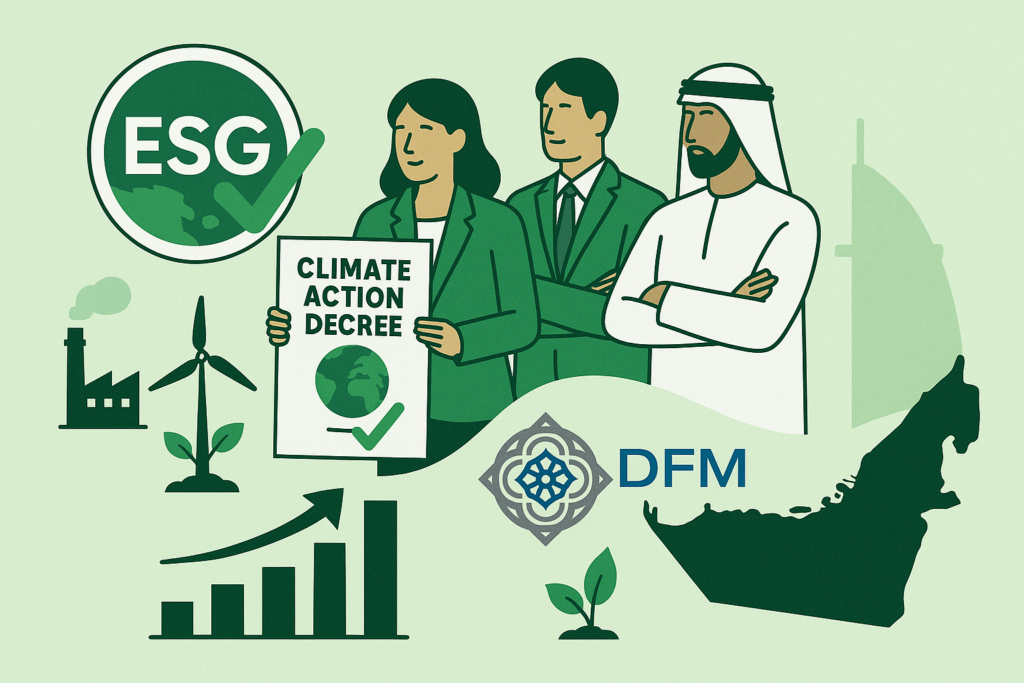What Is ESG Certification and Why Businesses in GCC Must Comply

With global focus shifting toward sustainable growth, ESG (Environmental, Social, and Governance) certification has become a business necessity—especially in the Gulf Cooperation Council (GCC) region.
What Is ESG Certification?
ESG Certification is third-party validation that a company actively manages environmental impact, social responsibility, and ethical governance. It’s based on global standards like GRI, SASB, ISO 26000, and aligns with UN SDGs.
Why ESG Compliance Matters in the GCC
1. Regulatory Push
Governments in the region are embedding ESG in national strategies. The UAE Climate Law and Net Zero by 2050 initiative mandate emissions reporting and sustainability practices. Dubai Financial Market (DFM) and Saudi Tadawul now require ESG disclosures for listed companies.
2. Investor and Market Expectations
Global investors favor ESG-compliant businesses. Certification opens doors to green finance, FDI, and sustainability-linked loans, boosting credibility and access to capital.
3. Risk and Reputation Management
Certified ESG practices help reduce operational risks, improve resilience, and enhance trust with stakeholders—including customers, regulators, and employees.
How to Get ESG Certified
- Assess material ESG risks and opportunities
- Align with relevant standards (GRI, SASB, etc.)
- Collect and report credible data
- Engage a certified ESG assurance provider
- Commit to continuous improvement
Final Thought
With ESG becoming a regulatory and market expectation—not a choice—businesses in the GCC must act now. ESG certification is your gateway to compliance, growth, and long-term resilience.
